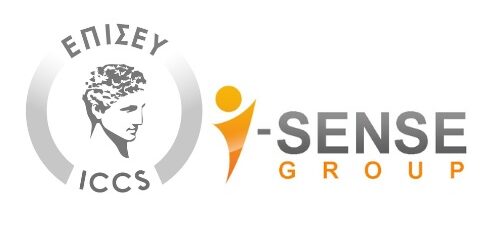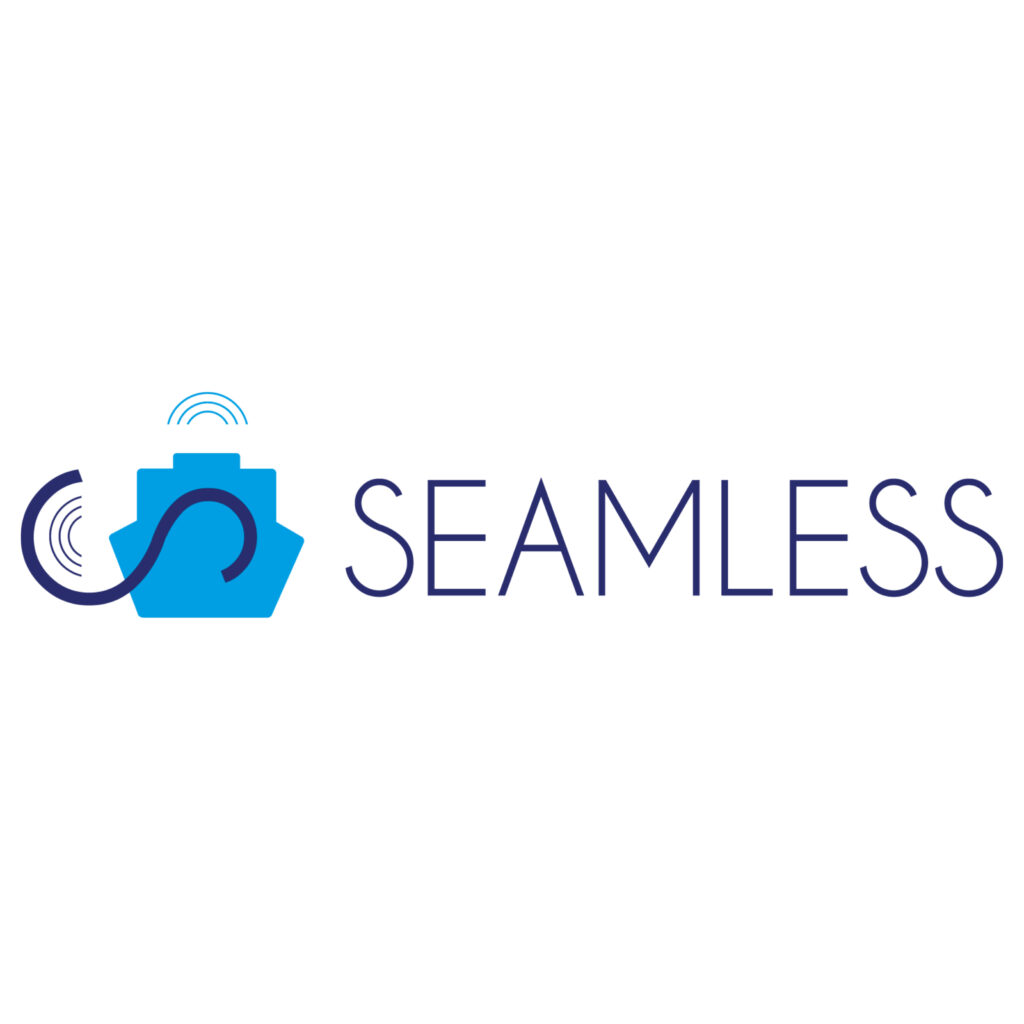SEAMLESS will develop and adapt missing building blocks and enablers into a fully automated, economically viable and cost-effective, waterborne freight feeder loop service for SSS (Short Sea Shipping) and IWT (Inland Waterways Transport). SEAMLESS will develop and integrate autonomous systems in a way that ensures safe, resilient, efficient, and environmentally friendly operation to shift road freight movements towards waterways.
Autonomous systems will be integrated to ensure safe, resilient, efficient, and environmentally friendly operation to shift road freight movements to hinterland waterways, while enhancing the performance of the TEN-T network. The service will be delivered 24/7 by a fleet of autonomous cargo shuttles, with humans-in-the-loop located in Remote Operation Centres (ROCs), which efficiently cooperate with automated and autonomous shore-side infrastructure and safely interact with conventional systems. The services will rely on a redesigned logistics system enabling seamless freight flows by minimising delays at intermodal nodes. A digital bird’s eye view of the supply chain allows the exploitation of real-time information for planning optimisation and reconfiguration to support resilient logistics, incl. digitalised administrative procedures. The SEAMLESS building blocks will be verified and validated by conducting full-scale demonstrations in selected real-world scenarios. Transferability will be fully demonstrated in selected use cases that cover a wide range of transport applications and geographical regions throughout Europe. Based on a structured methodological framework evaluating sustainability criteria, they will act as guidance for the replication of the project results beyond the project scope and timespan. Novel business models will be thus developed and provide a framework for implementing the SEAMLESS service to minimise investment risk for first movers. Regulatory gaps and challenges related to autonomous vessel operation (e.g. social aspects) will be identified, and recommendations for policy makers to allow the smooth and safe deployment of fully automated services will be provided.
National Technical University of Athens (NTUA) is the Project Coordinator and also the Quality Assurance Manager and a Technology Provider. NTUA is represented by two of its research groups: ISense Group and the Laboratory for Maritime Transport (LMT).


